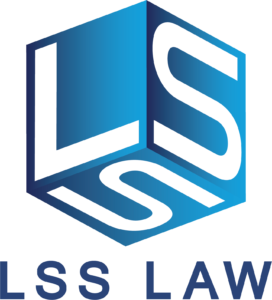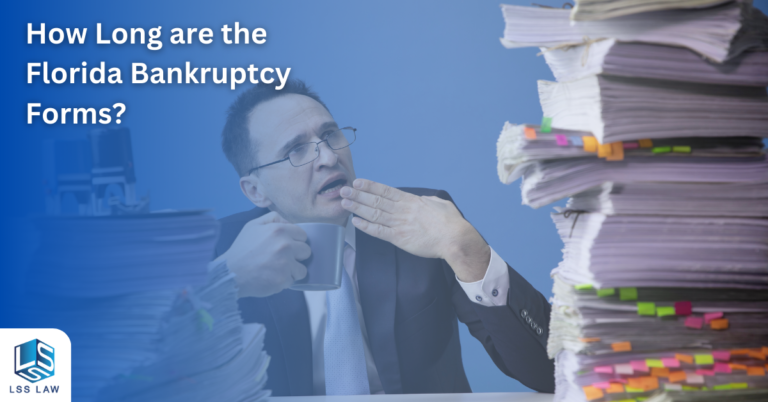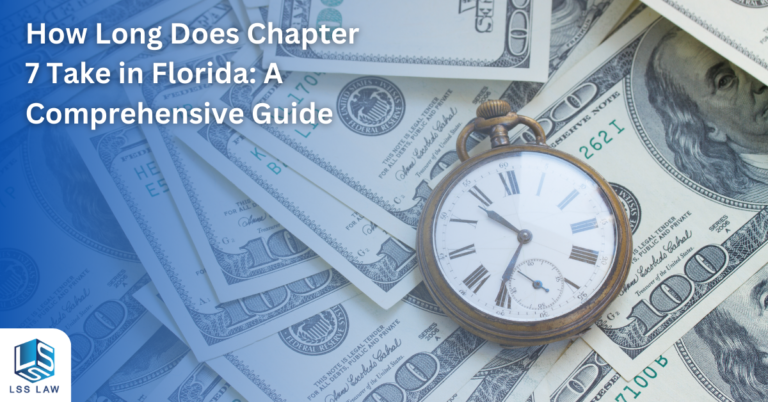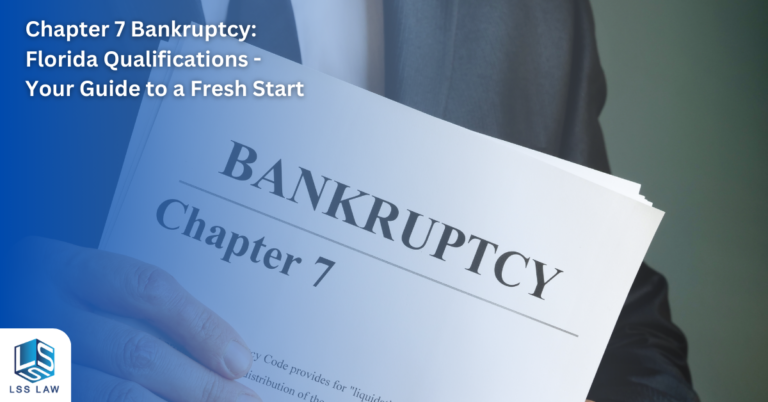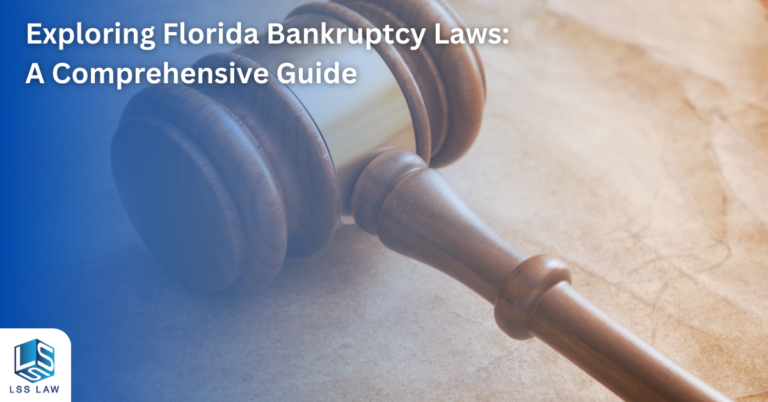The federal Consumer Financial Protection Bureau (CFPB) has reported that “automatic defaults” can happen even to individuals who faithfully pay their private student loans. Borrowers who are current on their loans have complained to the CFPB that they are being placed in automatic default when a co-signer on their loan dies or files a personal bankruptcy.
The consequences of a loan being placed in default are serious. It can negatively impact a borrower’s credit score, making it difficult to qualify for a mortgage or other loan. It can also result in a lawsuit being filed against a borrower and a garnishment of the borrower’s wages.
Representatives of private lenders claim that they are willing to work with borrowers who experience tragic circumstances. Many private lenders are willing to release co-signers from loan obligations in cases where the student borrower dies or is disabled. They claim the acceleration of a loan due to the co-signer dying or filing bankruptcy is a rare occurrence.
It is important to note that this issue occurs with private student loans, not federal loans. Federal loans rarely require a co-signer on student loans. The
CFPB is suggesting to private lenders that when a co-signer dies or files for bankruptcy, the borrower who is current on his/her payments should qualify for a co-signer release.
Please keep in mind that every student loan matter is different. If you have questions about your student loans and would like to schedule a no-cost consultation, please contact our office by completing the form on this website or calling us at 954-466-0541.
